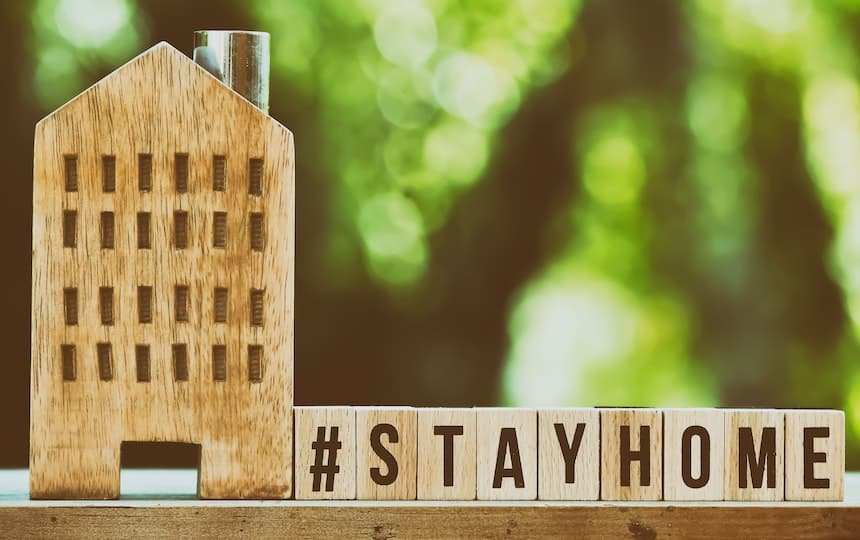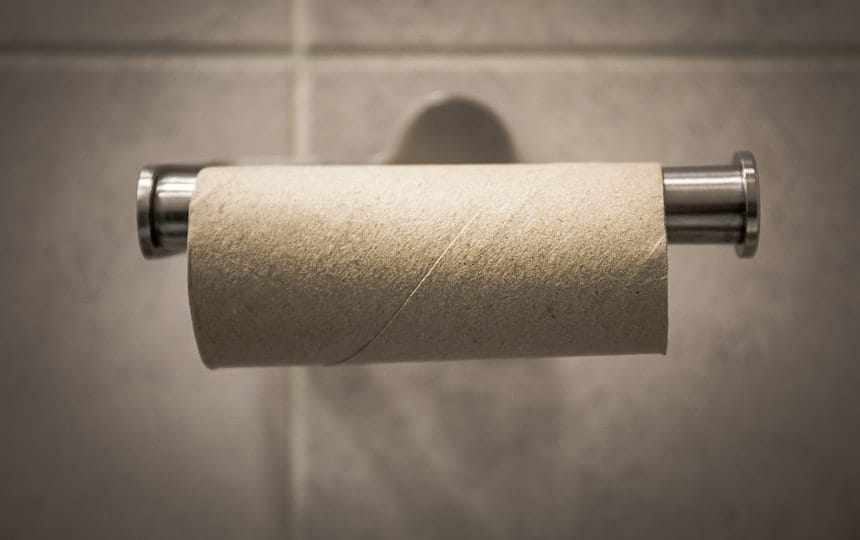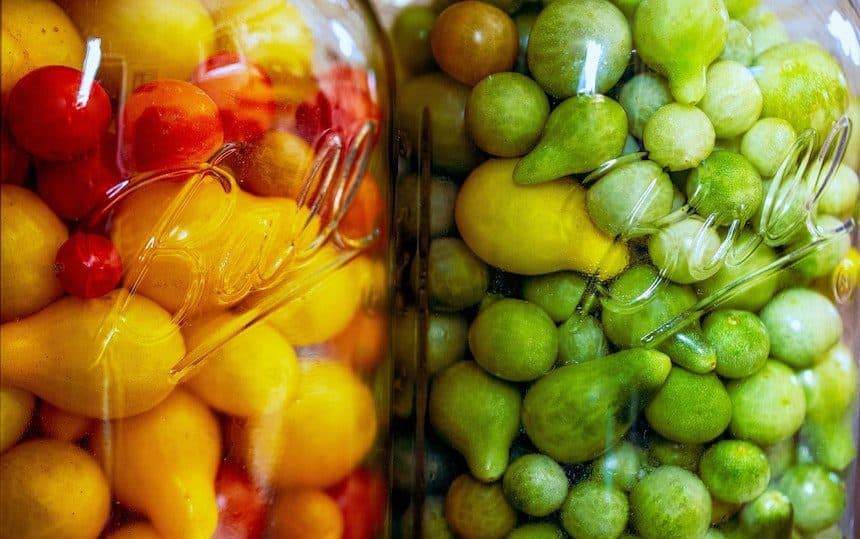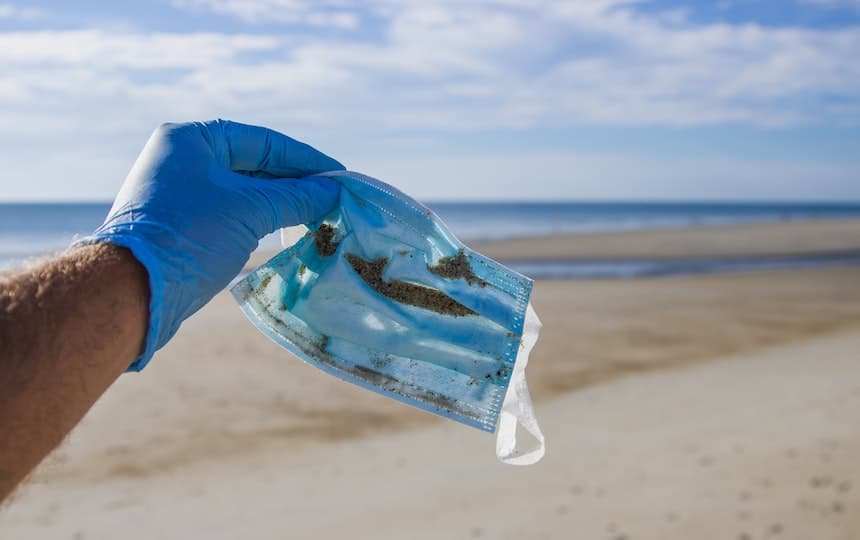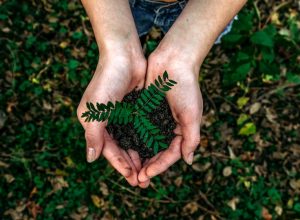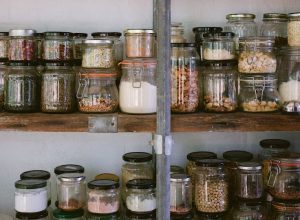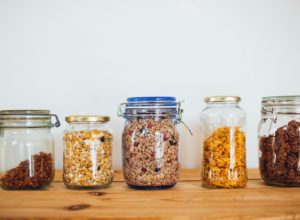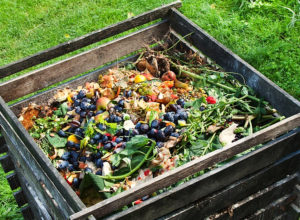Has coronavirus got you concerned? Our world’s warming got you worried? Permaculture offers solutions. If you’re wondering how to survive a global crisis (and maybe, you know, beyond) read on…
Want to learn how to survive a global crisis? There are many things to worry about in the world, but cleaning out supermarket aisles of toilet paper and baked beans ain’t going to solve them.
Permaculture (a contraction of permanent culture) offers us solutions to live long on our earth as a society. If you feel like it’s time to start shifting to an earth-centred life, then here are some ideas to get you through a global crisis and beyond.
1. Stay home
It’s what we keep being urged to do by health authorities in the wake of the coronavirus outbreak, but permaculture co-originator David Holmgren urges us to do the same in his landmark tome, Retrosuburbia.
Staying home has a wealth of benefits beyond not spreading novel viruses. Home based economies strengthen communities, families and build mental resilience.
That’s because they create a strong, supportive network. You also save emissions that would be otherwise spent commuting to work and can spend your time doing more of the important stuff further down this list. We delve into this topic in greater detail in the new issue (#16) of Pip Magazine – you can pick up your copy here.
Obviously staying home isn’t an option for everyone, but take baby steps and see if you can shift your lifestyle towards a more home based one. Maybe you can work a day or two from home, go part-time or quit your day job altogether and start a microbusiness from your garden shed?
Check out our podcast with David or issue #10 of the mag to get started on your Retrosuburbia journey.
2. Quit worrying about what you’re going to wipe your bum with!
Honestly. There are a myriad of sanitary options that you can turn to if the 2-ply runs out (mallow or lambsear leaves, paperbark, an old phone book, reusable cloth wipes known as “family cloth” for #1’s, or you can even use old rags and add them to your composting toilet ). If you’re going to worry about running out of anything in a crisis maybe think about two of those crucial life essentials: food and water.
First up, food. If you’re not already, start growing your own (subscribe to our mag for growing guides each issue). You can grow a lot no matter how much space you have. Check out issue #10 for small space gardening and how to grow food in public places. Issue #11 will take you through wicking beds while Issue #9 has the lowdown on crop rotation and aquaponics. Learn how to go foraging for weeds or check out any copy of Pip mag, where we profile edible weeds in every issue.
And if you’re really worried everything is going to go to sh*t, then install the aforementioned composting toilet or “bucket loo”. We promise it’s not as scary as it sounds. You can read about how to in Pip Issues #2, #8 and #15.
If you want to learn more about saving water try these garden tips or read all about it in issue #14 of the mag.
3. Raid your own larder
Think twice before rushing out to a conglomerate-owned supermarket and buying all their baked beans. Because the supermarket duopoly is yet another symptom of a broken system that we need to topple.
Instead, why not join (or start) a local food cooperative? This can be as simple as getting a bunch of neighbours together and buying a few essentials in bulk. In many cases you might just be getting your food directly from a local farmer (check out the Open Food Network to see if there’s a local farmer collective you can support in your area). Being connected to where your food comes from means you’re less likely to get cut off from it in the event of a crisis.
You can also try your hand at fermenting your own foods. This means perishable goods can be kept much longer, making your larder fuller for longer. You can start fermenting foods such as radishes, pickles, kimchi and nukazuke, or give kombucha and kefir go. If you love milk then learn how to make your own dairy products like butter, feta cheese, ice cream and yoghurt.
Read up on food sovereignty and become the emperor of your own pantry with Pip Issue #5.
4. Waste not want not
Trying to reduce your waste does more than just prevent cute marine life from being killed by plastic. It forces a fundamental shift in the way you live that can help bring all of the above ideas naturally into action.
Want to quit buying drygoods in plastic? You may find you need to make your own, which means buying raw ingredients in bulk becomes quite appealing.
Want to stop throwing away so much food? Then compost it. Especially helpful if garbage collection services are interrupted due to a global crisis. Try out a worm farm, start using a bokashi bucket or go the whole hog and get hot composting. With a ready supply of compost it’s natural to start using it to grow your own fruit and veg, which means making your own food! Win-win!
You could also try reducing household waste by making your own cleaning products. Not only is this better for the planet, it’s also much better for your own health, as you’ll be avoiding the toxic chemicals that are in a lot of traditional cleaning products (Pip Issue #13). Make some (or all!) of your own beauty products from scratch, like plastic free deodorant, homemade toothpaste and body scrub.
Listen to our podcast with Erin Rhoads (aka the Rogue Ginger) for tips on how to reduce your own household’s waste or our interview with Lauren and Oberon Carter (the authors of ‘A Family Guide to Waste-Free Living’’).


